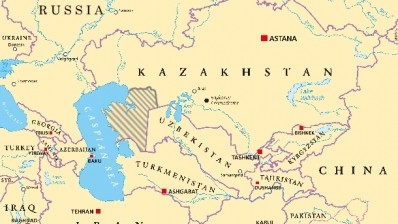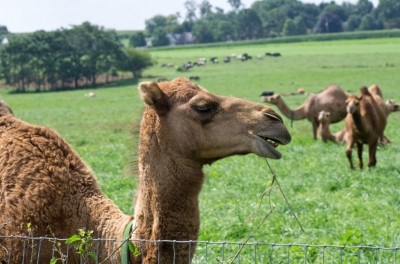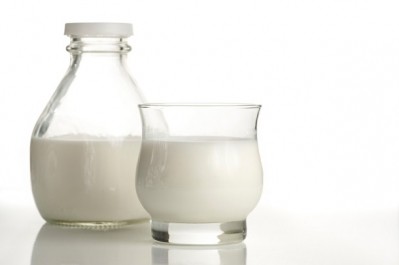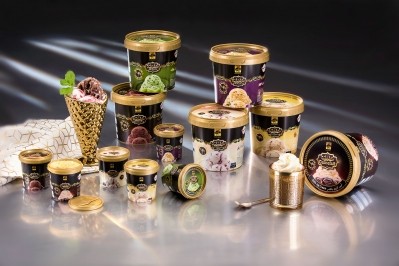Desert Farms works to spark camel milk revolution in the US
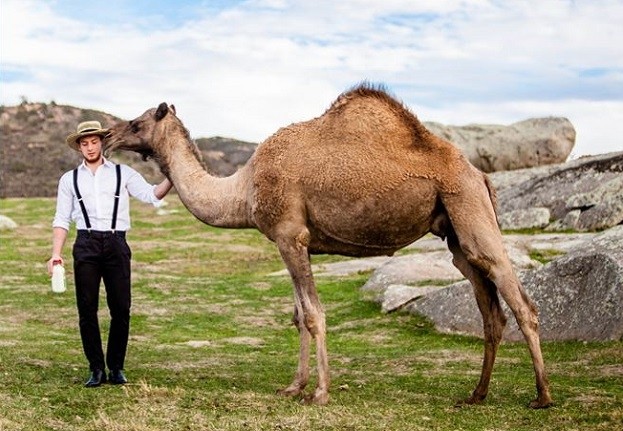
Founder Walid Abdul-Wahab grew up drinking camel milk in Saudi Arabia and believed it could do well in the US when he moved to Southern California, where he noticed a strong health conscious community.
The start-up company says its goal is to promote camel milk as a wholesome and healthy beverage by educating consumers about its natural benefits. Camel milk contains 50% less fat and 50% less saturated fat than USDA cow’s milk, the company said.
Each 16-ounce bottle of pasteurized camel’s milk costs $18 and can be purchased through Desert Farms’ website and Whole Foods stores in Northern California.
‘A natural super food’
Camel milk has been consumed for centuries in Middle Eastern, Asian, and East African countries, Adam Amadi, operations manager for Desert Farms, told DairyReporter.
According to the company, professionals in the medical community have validated camel milk for its “natural super food” qualities, which include anti-inflammatory and antioxidant properties. In 2006, the United Nations hailed the nutritional value of camel milk and predicted higher consumption once it became easier for consumers to buy.
According to Amadi, camel milk contains Vitamin C, and he adds that families who have children with autism or autoimmune disorders have been particularly tapped into camel milk’s purported health benefits.
“About 40% of our customers have children with autism, so that’s a really connected community,” Amadi said.
Most of Desert Farms’ customers buy their camel milk frozen in order to stock up, he added.
Bringing US production to scale
Unlike in the Middle East where camels are much more prevalent, Wahab had to extend his business to the US Midwest where he connected with eight Amish family farms in Missouri, Indiana, Ohio, and Pennsylvania, who already had a strong camel herding community.
Mainly through its e-commerce business, which accounts for the majority of company sales, Desert Farms is now bringing the Amish community’s products to consumers throughout the US.
Slim competition
Amadi said that Desert Farms has the camel milk market cornered in the US due to the operational challenges it takes to make camel milk at scale.
“We don’t have any competitors. It’s not an easy business to get into,” Amadi said. “No one really wants to take the risk we’ve taken.”
According to Amadi, one camel produces roughly 14 bottles of milk per day, a low volume in comparison to other dairy producing animals.
